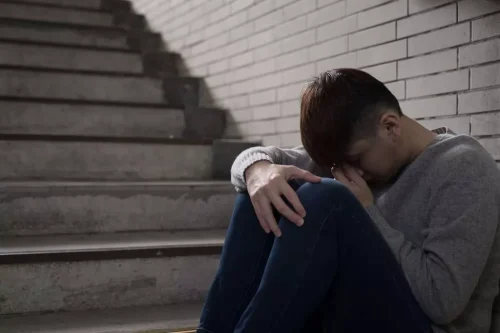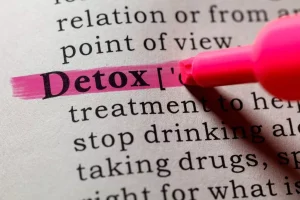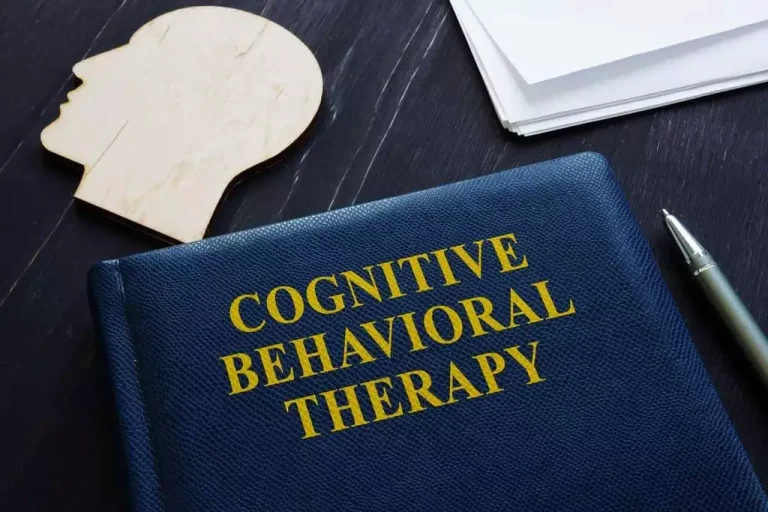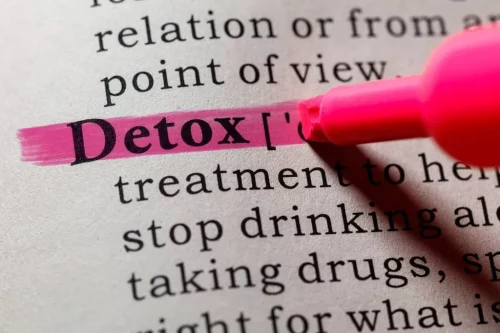
In the early stages of abstinence these withdrawal symptoms are particularly strong and can be extremely unpleasant. Thus, avoiding withdrawal symptoms provides a strong motivation to take the drug and can lead to relapse. However, as the period of abstinence increases the withdrawal symptoms subside, so reducing this as a motivation for reinstatement.
- And if you get sick, you may pass the infection (hepatitis B and C, HIV) to your sexual partners or kids.
- Signs that suggest a person may have a heroin addiction include intense cravings and continually taking heroin despite physical and psychological issues related to the drug.
- It offers a treatment referral and information service in English and Spanish to people experiencing substance use disorders and the loved ones of people with these conditions.
Products & Services

These symptoms can range in severity and duration, lasting from hours to days. Because the withdrawal process is usually accompanied by vomiting and diarrhea, it is important to make sure that you are taking in enough fluids to avoid becoming dehydrated. If the feelings of depression or distress do not pass, you should see your doctor for appropriate treatment. You may also notice small pieces of balled tinfoil that have traces of white or brown powder or burn marks. If a heroin user smokes the drug, they will commonly have aluminum foil, lighters, candles and objects, such as straws, cigarettes and pipes, through which they can inhale the smoke or steam from the heroin. Heroin addiction happens quickly, and as a person becomes more consumed by their addiction, they may neglect their personal grooming habits and begin to look unkempt.
Who’s at risk for a heroin addiction?
Yes, heroin overdose is certainly possible and potentially deadly. People who take heroin often describe feelings of euphoria, although this is often short lived. They may also experience unpleasant side effects, such as nausea, vomiting, and itching. A person may also find support groups and addiction groups helpful for recovery. This means they will need higher doses and more of it to produce the desired effects. This means they will need larger or more frequent doses to achieve the desired effects.
- Most people who are withdrawing from heroin experience a strong desire to take more heroin.
- Some people may experience withdrawal symptoms longer than average, for several months.
- While the medication selected depends on your unique needs, it may work to stimulate or block your opioid receptors.
Behavioral therapies
Heroin can be taken in many forms, including intravenously (injected with a needle), nasally (snorted/sniffed), or inhaled (smoking). When heroin is used, many people report a “rush” of pleasure or a sense of euphoria, as dopamine levels surge. This hijacks the brain’s reward system so that when the high fades and dopamine levels drop, the brain craves the substance and compels a repeat of the behavior to achieve the same high. Although there’s no cure for drug addiction, treatment options can help you overcome an addiction and stay drug-free.


Examples include methylenedioxymethamphetamine, also called MDMA, ecstasy or molly, and gamma-hydroxybutyric acid, known as GHB. Other examples include ketamine and flunitrazepam or Rohypnol — a brand used outside the U.S. — also called roofie. These drugs are not all in the same category, but they share some similar effects and dangers, including long-term harmful effects. A person with a heroin addiction may develop new friendships with people who also take the drug. A person experiencing heroin addiction may not wish to discuss the fact that they take heroin with others due to fear of stigma or judgment. However, talking with a person in this situation and supporting them in getting treatment could help save their life.
- It is also important to realize that anyone who has gone through heroin withdrawal is at an increased risk of overdose due to opiate tolerance.
- It is an illegal substance that has no recognised medical use in the U.S.
- Some people with a heroin addiction may become secretive or lie to avoid people finding out.
- Burhop pleaded guilty in 2022 to running a large-scale heroin ring from his Southern California prison cell, but he wasn’t sentenced until last Friday.
Like many other medical conditions, evidence-based treatments are available for OUD, but seeking treatment remains stigmatized. Stigma can be a major barrier to how well prevention and treatment programs work against the opioid crisis. A diagnosis is based on specific criteria such as unsuccessful efforts to cut down or control use, or use resulting in social problems and heroin addiction treatment a failure to fulfill obligations at work, school, or home, among other criteria. Persons who inject drugs are also at risk of getting a serious, long-term viral infections such as HIV, Hepatitis C, and Hepatitis B, as well as bacterial infections of the skin, bloodstream, and heart (endocarditis).
- Detox alone is rarely sufficient to support long-term abstinence.
- The self-help support group message is that addiction is an ongoing disorder with a danger of relapse.
- People who are in withdrawal may exhibit signs of agitation and anxiety.
- If you or someone you love is addicted to heroin, reach out to your family doctor or someone else you trust.
